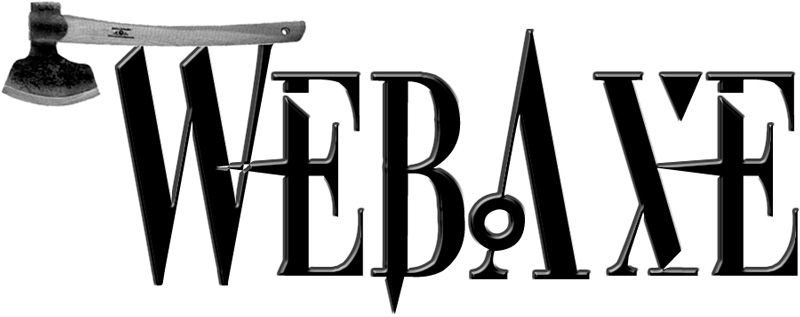This article was written for Web Axe by our friend, John Siebert, a Tampa Web Designer who has an interest in creating accessible web sites.
Content management systems (CMS) are a good way to go for both personal and business use. An open source CMS can get a website up efficiently, but is it accessible? With about 25% of internet users needing accessibility, it is very encouraging to keep your site web accessible. This is for every “human user” disabled and non-disabled no matter what browsing technology they are using. CMS platforms can definitely help you with that. But which one is the most accessible friendly? We will look into WordPress, Drupal, Joomla, and Posterous and compare the level of web accessibility.
All users have equal access to information and functionality. It is the developer’s responsibility to correctly design and develop a site that everyone can view and understand. What effects accessibility includes layout, markup, images and media, and JavaScript. A good CMS platform can make sure that these issues are compliant.
WordPress
WordPress states that it is web accessibility compliant. Unfortunately if developers tweak or create templates, it is up to the developer how well or little they configure accessibly into the site. There are plenty of accessibility plugins that a developer can implement into their WordPress site.
Here is a very helpful link full of WordPress accessibility plugins. WordPress also provides plenty of information and guidelines for creators that cover all basic HTML topics. Also check out the comments in the Web Axe blog on accessible WordPress themes.
Drupal
Drupal has plenty of helpful links for tips and topics to input accessibility into their platform. A helpful Drupal tutorial goes over:
- What are the common accessibility barriers that my website needs to overcome, and how?
- What tools help me manage the accessibility of contributed content that is beyond my control?
- What Drupal modules and 3rd party accessibility tools will help?
You may want to check out the Web Axe podcast on the Drupal 7 and accessibility from last October. And here are a few more links for Drupal accessibility:
Posterous
Posterous does not cover as much accessibility information as other CMS platforms. Which leads me to believe that Posertous would not have much support for developers using their platform. We think it’s time Posterous stepped up to the plate on this issue and have sent them an e-mail with our concerns.
Joomla
Joomla has their own accessibility statement that shares their promises of fulfilling a true web accessible environment. However, they state that it is up to the designers and template designers to follow rules and regulations. They also state that they understand that the Joomla site itself does not comply with many WCAG/508 requirements.
Conclusion
When choosing a CMS platform, find one that has the most web accessibility support. The best would be WordPress and Drupal out of the four compared. By using a CMS platform you will have more support to maintain a web accessible site. Most of the accessibility changes can be fixed once and to the entire site through these platforms, saving time and money.
The best way to understand accessibility is to get to know a user that benefits from the accessibility you put into code. Once you understand the reason why accessibility is important for your site, you can then comprehend the reason for a CMS platform like WordPress or Drupal as the base of your site.
If you have any feedback about CMS and accessibility, especially Posterous and Joomla, please leave a comment.
